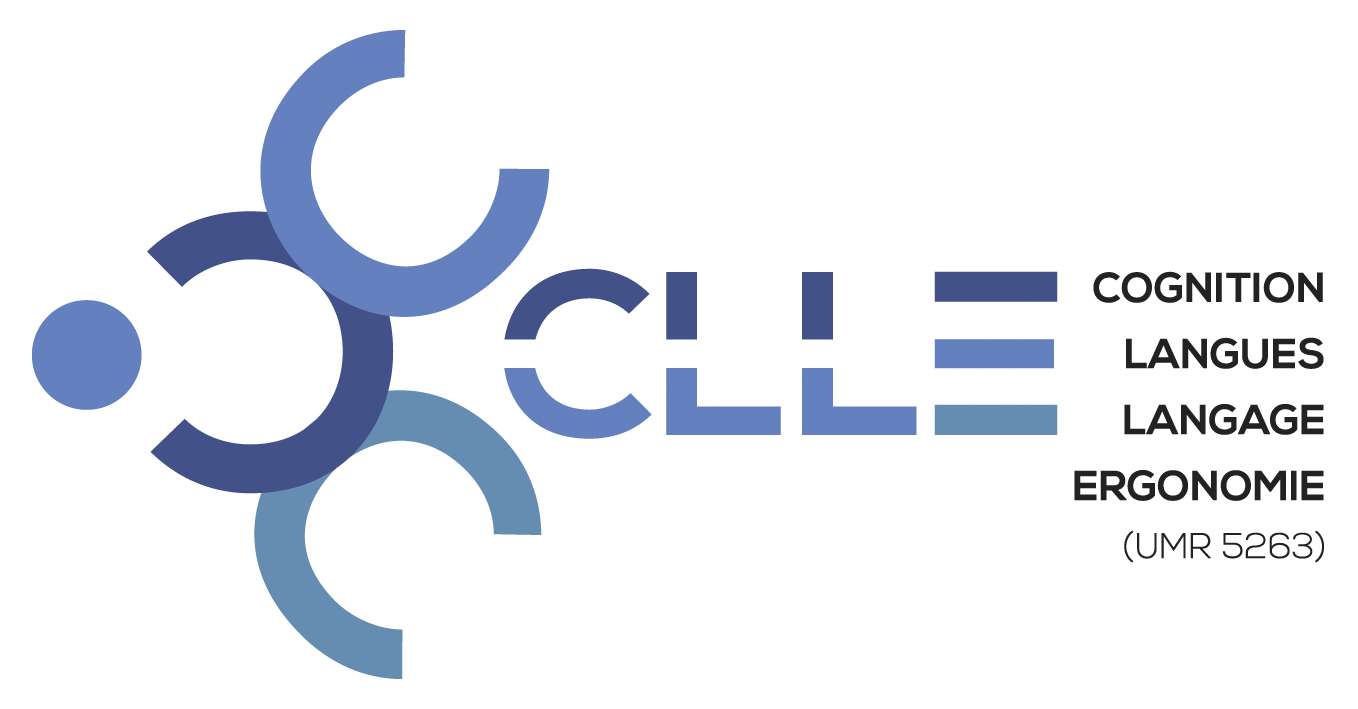-
Partager cette page
How do older and young adults search for information during websites navigation: effects of prior domain knowledge and problem complexity
Behaviour & Information Technology
Publié le 23 juin 2025 – Mis à jour le 23 juin 2025
Sacher, M., Massa, E., Paubel, P. V., Sakdavong, J. C., & Chevalier, A.
 The study examined age-related differences in behavioural and ocular strategies to search for information during web navigation within a website as a function of prior domain knowledge (high level vs low level) of users and search problem complexity (simple vs difficult problems). 23 older adults and 20 young adults had to answer ten search problems in two domain knowledge within two experimental websites (one for each domain): health and fantasy movies. In each domain, participants had to complete three simple problems (the main words of the instructions corresponded to links on the menu bar) and seven complex problems (the main words in the instructions were not present in the menu bar, so participants had to infer the relevant categories from the menu bar to find the information). Results showed that older and young adults adopt different strategies for searching for information through a specific website. Prior domain knowledge helped older adults improve navigation using more relevant navigational paths, improving time spent on relevant pages and reducing the number of areas visually explored on the website. By contrast, young adults adopted the same search strategies regardless of the task complexity and the level of prior knowledge domain required by the task.
The study examined age-related differences in behavioural and ocular strategies to search for information during web navigation within a website as a function of prior domain knowledge (high level vs low level) of users and search problem complexity (simple vs difficult problems). 23 older adults and 20 young adults had to answer ten search problems in two domain knowledge within two experimental websites (one for each domain): health and fantasy movies. In each domain, participants had to complete three simple problems (the main words of the instructions corresponded to links on the menu bar) and seven complex problems (the main words in the instructions were not present in the menu bar, so participants had to infer the relevant categories from the menu bar to find the information). Results showed that older and young adults adopt different strategies for searching for information through a specific website. Prior domain knowledge helped older adults improve navigation using more relevant navigational paths, improving time spent on relevant pages and reducing the number of areas visually explored on the website. By contrast, young adults adopted the same search strategies regardless of the task complexity and the level of prior knowledge domain required by the task.Taylor & Francis online
Read more





